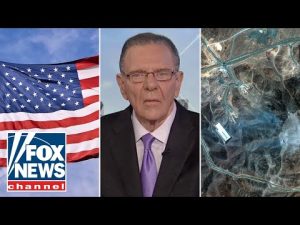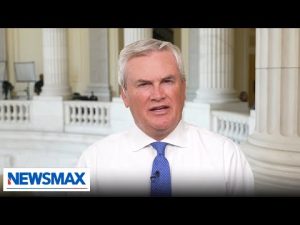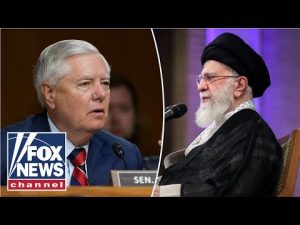Once again, the media strikes with its perennial tendency to undermine leadership rather than support it in times of national importance. This time, the protagonist of this orchestrated drama is none other than Jake Tapper, schooling us on the noble duties of journalists. His recent commentary illustrates a perplexing, if not predictable, disdain for deferring to leadership, overshadowing the President’s perspectives on the ongoing situation in Iran.
Tapper’s argument revolves around the journalistic need to challenge and scrutinize government narratives. He claims that journalists should push for facts relentlessly, even when national emotions run high and the instinct to rally around the flag seems natural. While his insistence on holding leaders accountable for their rhetoric is righteous in theory, Tapper’s delivery suggests a persistent reluctance to trust elected officials, even in the absence of substantial evidence warranting mistrust.
What should raise eyebrows here is not the call for journalists to do their jobs—no one denies that a vibrant press is crucial to democracy—but rather the timing and tone of such criticisms. In moments when unity and decisiveness from our leaders are paramount, the media’s instinct often seems more aligned with sparking doubt than fostering cohesion. It’s only logical that, for the benefit of the nation, we must discern between rightful skepticism and empty sensationalism.
The conservative perspective argues that accountability should not become a veil for perpetual second-guessing, especially when information is sparse and situations are fluid. Encouraging constant skepticism without waiting for facts can lead to an erosion of trust in leadership, playing right into the hands of those who thrive on chaos. Sure, history has shown that questions are vital, but context is critical when those questions magnify division instead of driving constructive discourse.
Ultimately, while genuine journalism can indeed be patriotic, it should not absolve itself from responsibility. It ought to respect the thin line between inquiry and propaganda. As this nation faces critical moments, the role of the media should support clarity and truth, not operate from a base of inherent distrust. At times, a little faith in our leadership—bolstered by patience for facts—might very well serve not just the media, but the nation itself, when it’s needed the most.







